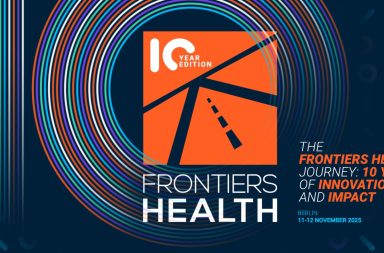Lung cancer, the leading cause of cancer-related deaths in the United States, can be effectively managed if detected early. Low-Dose Computed Tomography (LDCT) has been instrumental in early detection. Despite this, the uptake of lung cancer screening (LCS) is less than optimal. A recent study in JAMA Network Open explored how Electronic Health Record (EHR) interventions could enhance LCS rates.
EHR intervention: a new approach to LCS
The study aimed to boost the care gap closure rate for LCS, measuring the proportion of eligible patients receiving appropriate care. The shared decision-making tool was designed to help clinicians and patients discuss the potential benefits and harms of LCS.
EHR intervention: a success story
The study revealed that the LCS care gap closure rate improved from 15.9% to 46.9%. This indicates that the EHR-integrated intervention significantly increased LCS rates.
The future of LCS: EHR intervention
The study was a non-randomized controlled trial involving 1865 patients aged between 55 and 80 years, all of whom had a smoking history of 30 pack-years or more. The intervention was multifaceted and integrated into the Electronic Health Record (EHR). It included a shared decision-making tool, clinician-facing reminders, narrative guidance during the ordering process, and patient-facing reminders.
The primary outcome of the study was the care gap closure rate for lung cancer screening (LCS), which improved significantly from 15.9% to 46.9%. The findings suggest that a comprehensive EHR-integrated intervention can effectively increase LCS rates, potentially leading to earlier lung cancer detection and improved patient outcomes.
In terms of the specifics, a positive screening result was defined as one in which a nodule or other finding potentially related to lung cancer was observed. On average, over all three screening rounds, 24.2% of the low-dose helical CTs were positive, and 6.9% of the chest X-rays were positive, leading to a diagnostic evaluation.
EHR intervention: a game-changer in LCS
These results suggest that a comprehensive EHR-integrated intervention can effectively increase LCS rates, potentially leading to earlier lung cancer detection and improved patient outcomes. However, further research is needed to understand how to optimize and implement these interventions on a larger scale.



